
“The lack of concern is significant because some survivors may not engage in risk-reduction activities, such as recommended screening tests and healthy behaviors,” Todd Gibson, Ph.D.

“The lack of concern is significant because some survivors may not engage in risk-reduction activities, such as recommended screening tests and healthy behaviors,” Todd Gibson, Ph.D.

A newly developed blood test may identify people at an increased risk for lung cancer, even if they are not within the screening guidelines.

Investigators at The University of Texas MD Anderson Cancer Center in Houston discovered that adding the PARP inhibitor veliparib to a standard chemotherapy regimen improved overall responses rates (ORR) in patients with relapsed small cell lung cancer (SCLC).

Researchers from Duke Cancer Institute in Durham, North Carolina, developed a genetically modified poliovirus to attack the rare but aggressive brain cancer by directly injecting the virus into the tumor.

Five leading cancer organizations came together to establish four steps that patients of all malignancies can turn to as they navigate their experience.

A recent review of data found that 79 percent of patients with ovarian cancer felt uncomfortable raising psychological and emotional concerns during their consultations.
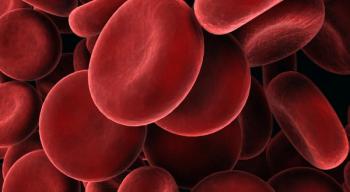
Treatment with chimeric antigen receptor (CAR)-T cell therapy showed encouraging rates of durable responses among adult patients with relapsed/refractory diffuse large B-cell lymphoma (DLBCL), according to updated data from the pivotal JULIET trial.

Study findings published in the Journal of the American Academy of Dermatology showed that once-daily aspirin use can increase the risk of melanoma in men — nearly double that of men who do not use aspirin each day.

Cancer affects many aspects of a person’s life, such as the overall quality of their day-to-day living, but what if a person didn’t have the full-blown disease already? Could a precursor or asymptomatic stage of the disease still burden them?
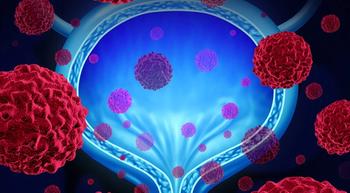
Enfortumab vedotin may be a potential novel therapy for patients with locally advanced or metastatic urothelial cancer, according to updated phase 1 study findings presented during the 2018 American Society of Clinical Oncology (ASCO) Annual Meeting.

In this episode, news anchor Amy Robach shares her experience with having breast cancer, how she has changed her lifestyle since, and her advice for others going through their own cancer journey.

Four oncology nurses were recognized during the inaugural event for their efforts to prioritize the health of patients’ bone health during treatment.

The findings of a new study show that women with young children have concerns that affect emotional well-being.
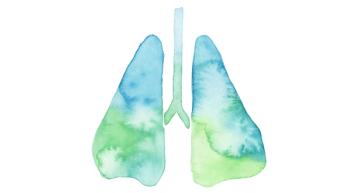
During National Women’s Lung Health Week, a lung cancer survivor shares her story and success with targeted therapy.

A 34-year breast cancer survivor reflects on life after diagnosis and the joy she found in her lifelong passion.

Young adult cancer survivors dealing with psychological factors, such as emotional stress, may gain coping skills through creative writing workshops.

Survivors teach medical and nursing students around the world about early disease signs and symptoms.

Physical therapy could help women more quickly regain range of motion in their arms after lymph node dissection compared with education alone, according to new study results.

Despite awareness that many cancer survivors suffer from treatment-related sexual dysfunction, sexual aids and resources are not readily available to them — even at leading cancer centers throughout the United States.

Insomnia can be a late effect experienced by cancer survivors, but researchers at Dana-Farber Cancer Institute in Boston report that a stepped-care approach may help treat it.

Eighty-nine percent of caregivers of young adult colorectal cancer survivors are depressed because they can’t take the pain away, according to findings from the Raymond Foundation, an advocacy organization that aims to eradicate colon cancer.

Survivors of colorectal cancer have a greater chance of hypertension (high blood pressure) and worse blood pressure control compared with people who do not have cancer, according to study findings.

Mike Schmidt developed stage 3 melanoma after years of playing professional baseball for the Philadelphia Phillies.

Nearly 17 years after the terror attack, researchers examine World Trade Center environmental factors and cases of multiple myeloma.

Professional snowboarder Bibian Mentel-Spee inspires through her perseverance despite facing multiple bouts with the disease.
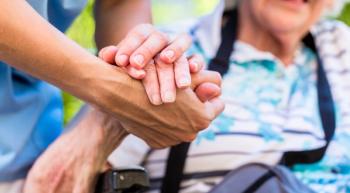
Age should not limit which patients with metastatic melanoma receive immunotherapy.

Some patients with incurable non-small cell lung cancer (NSCLC) should receive chemotherapy concurrent with palliative thoracic radiation therapy, according to an updated guideline released by the American Society for Radiation Oncology (ASTRO).

Patrick Dempsey, actor, cancer advocate and Breakaway From Cancer® Ambassador, sat down with CURE® to discuss how cancer impacted his life after his mother was diagnosed with ovarian cancer.
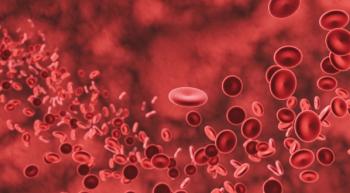
Findings from a phase 3 randomized clinical trial offer new hope to some patients who have advanced myelofibrosis.

With no peer support, nor any guidance on how to navigate this part of the disease, Casperson started a blog. Through this, she connected with other survivors.